by Mike –
Technology transitions tend to create upheaval in human society; few more so than the transition from animal power to machine power in the late 19th and early 20th century.
The transition was not only a change in the way we move people and cargo around but it was a major change in the energy used to do so. The animal energy, mainly supplied by horses, was from the food used to feed the horses and the new energy was initially coal, steam power and gasoline for internal combustion engines. Eventually we all know the internal combustion engine won out.
The transition from horse power to gasoline powered cars and trucks was a struggle at first and there were people who resisted this change. The transition took about 50 years to complete.
Robert Thurston, a U.S. steam engine expert, wrote in 1894, that horses are not only,
…self-feeding, self-controlling, self-maintaining and self-reproducing, but they are far more economical in the energy they are able to develop from a given weight of fuel material, than any other existing form of motor.
Luddite (from the Merriam-Webster Dictionary)
One of a group of early 19th century English workmen destroying labor saving machinery as a protest; broadly: one who is opposed to especially technological change. The Luddite argued that automation destroys jobs.
Neo-Luddism is a philosophy opposing, or skeptical to, modern technology. Luddite has taken on the connotation of someone who is opposed to technological change, say, maybe like the Amish or Mennonite people of the Pennsylvania area who do not use modern technology like telephones or cars.
The term has been applied, in a sarcastic way, to people who are slow to adapt new technology or who are resistant to using new technology. I suspect we all know some people who still do not use a computer (or maybe they print out their emails and web pages for reading) and certainly do not use but a small fraction of a smartphone capability, if they even have a smartphone.
This Luddite mentality has affected the automobile since the beginning of the automobile. Even the very existence of the automobile was resisted by people who thought the horse, and the horseless carriage, could not be replaced as the primary source of people and freight transportation.
The early automobiles were basically carriages with primitive gas engines or electric motors. Even though horses were difficult to live with the new mechanical contraptions were not immediately accepted by all. After all, horses had been serving mankind well for thousands of years so why change now? Some early adapters of the new automobiles heard “get a horse!” yelled at them on occasion.
An urban workhorse dumped between 20 and 50 pounds of manure a day on the city streets along with around a gallon or so of urine which attracted flies and the disease associated with all of that. Imagine the mess in a big city like New York. Just crossing the street on foot was a challenge.
Now that mess has been replaced by the air pollution created by millions of gasoline burning automobiles. Yet, the transition to the automobile from the horse may well have saved our large cities.
With the serious problems solved by the automobile it is difficult to imagine anyone being opposed to replacing horses with automobiles. We know that this transition had serious consequences for certain industries like buggy whip manufacturers and carriage makers. Some carriage makers like Studebaker were smart enough to move into making automobiles.
There were many skills affected as well like stable manager, horse trainer, horse shoe maker and others.
The automobile created new business opportunities and new job opportunities, although these jobs required new skills. Those people lucky enough and smart enough to take advantage of this transition thrived.
The technological changes going on in the automobile industry today, which is more than another energy source change, may create the same, or even more, Luddite type resistance than when the automobile was first introduced.
Let us know what you think in the Comments.
The Second Part is at this link.
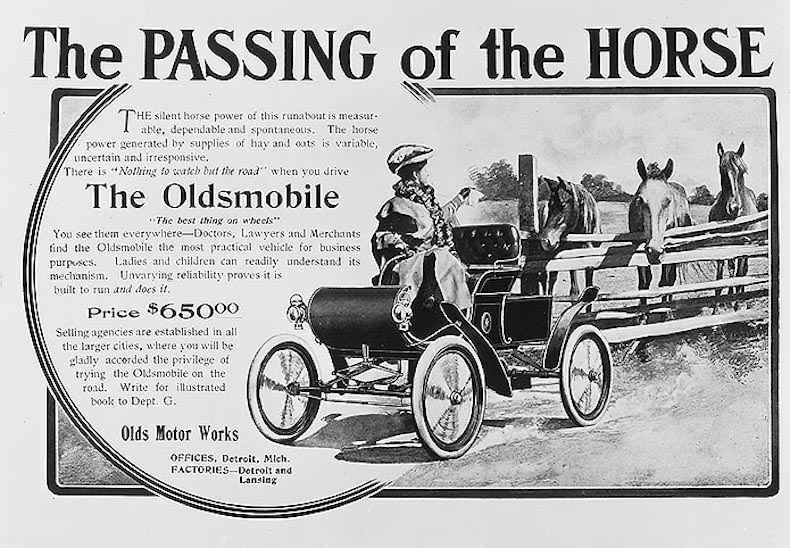
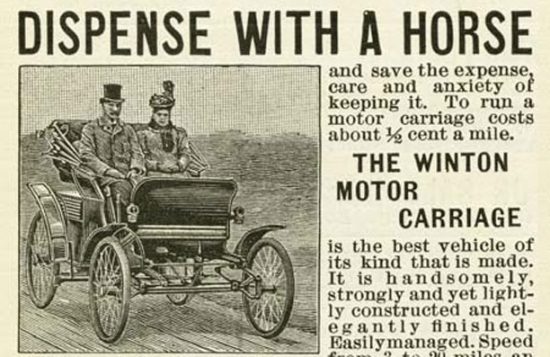
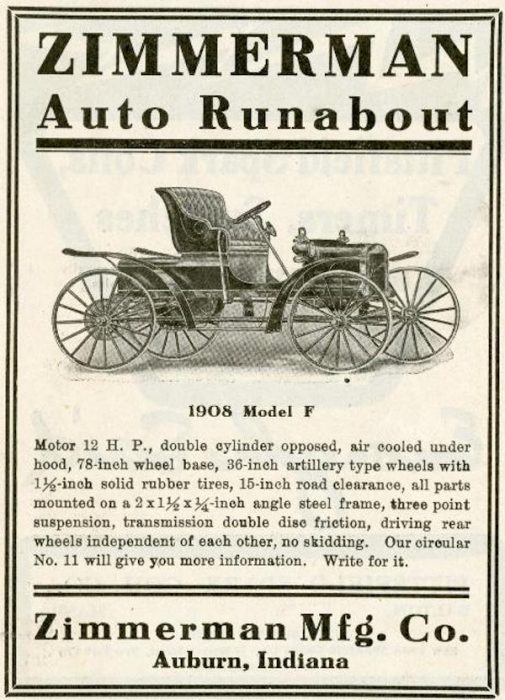
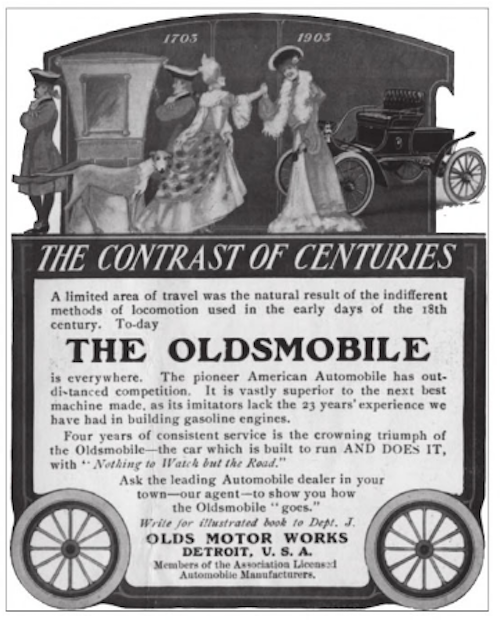
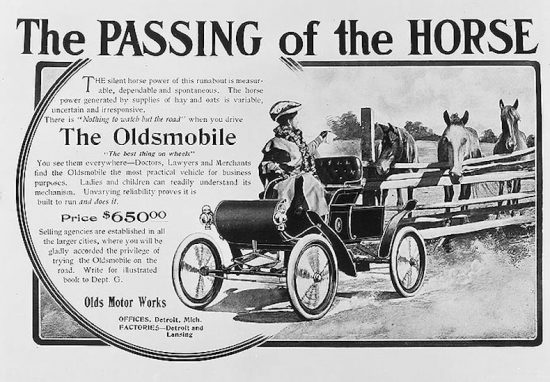
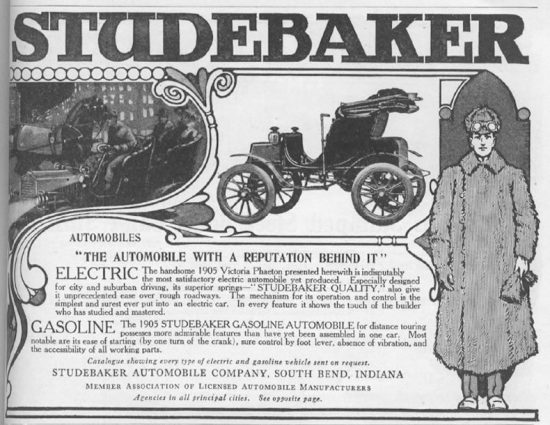
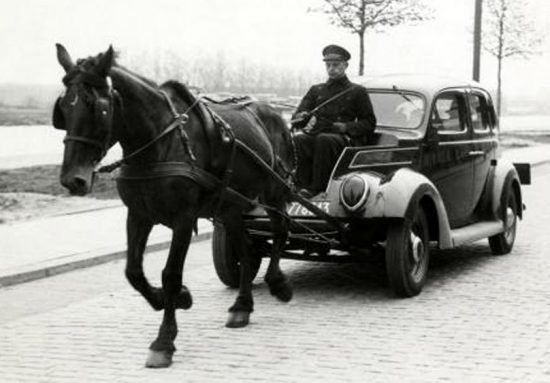
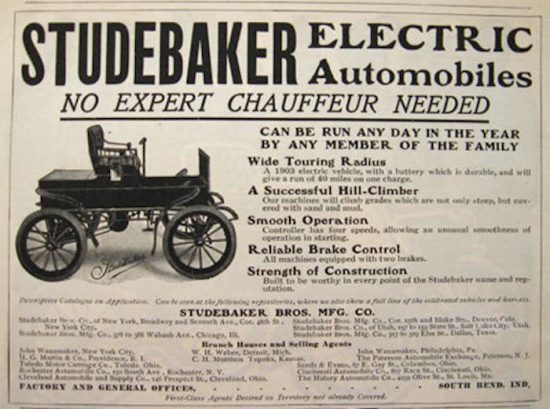
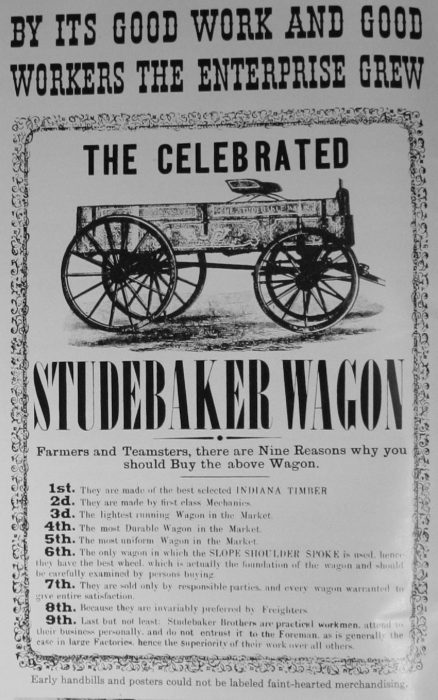
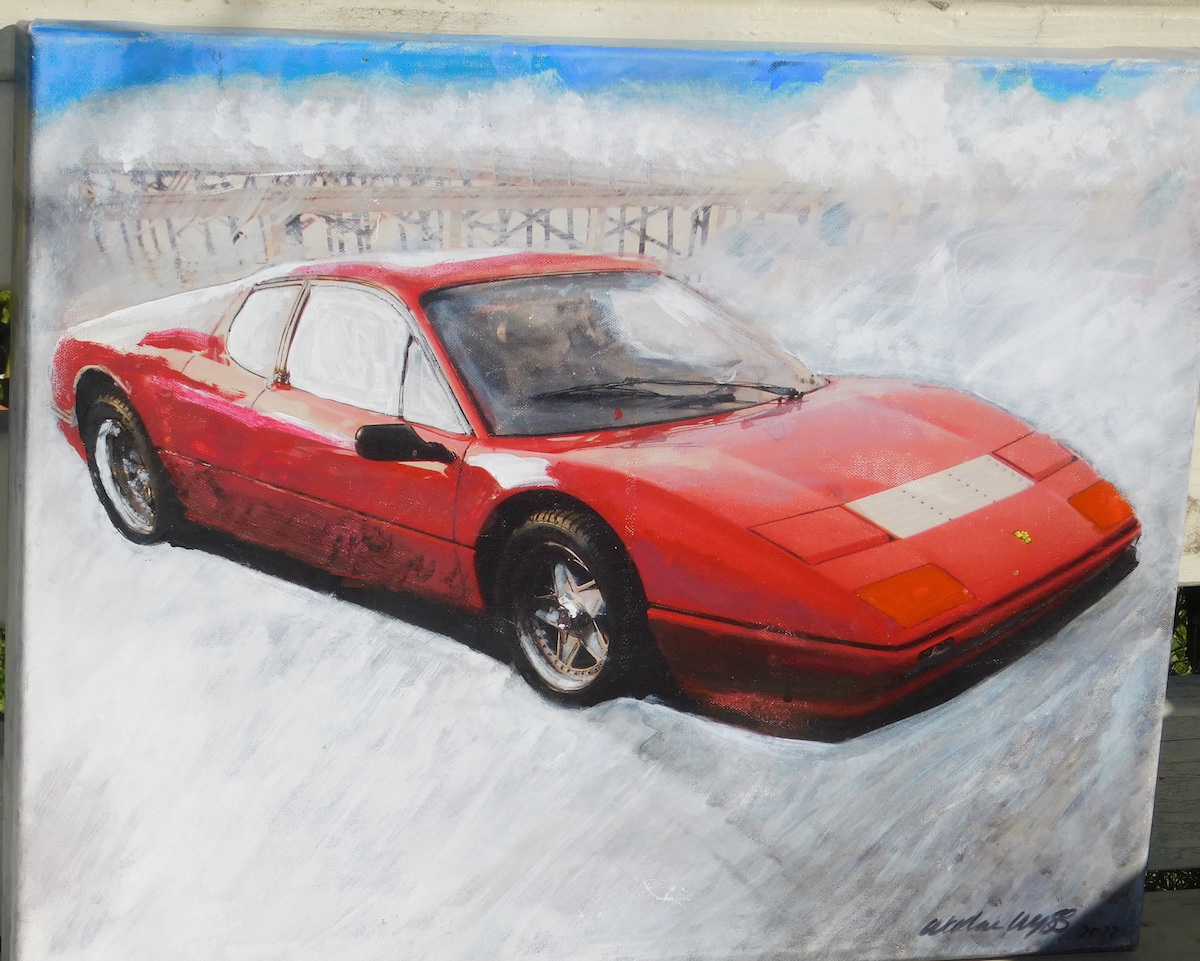

i am from Nottingham where the Luddites started with smashing up the looms,
Gary,
Thanks for the comment. I did not mention the original violent nature of Luddites (destroying textile equipment to save jobs) because it is not relevant to the point I am making. As I said Luddite has taken on a connotation of people who are opposed to new technology – but not in a violent way.
BTW, wasn’t Robin Hood from nearby as well?